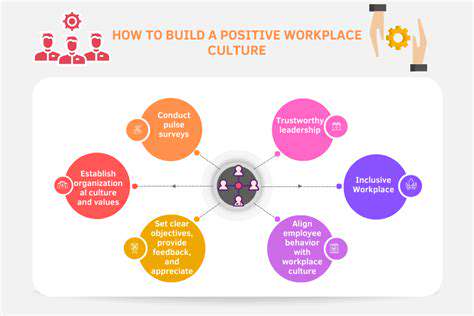Latest Insights
Guide to Writing a Resume Headline That Stands Out
Guide to Writing a Resume Headline That Stands Out
How to Prepare for a Performance Review
How to Prepare for a Performance Review
Guide to Understanding Different Career Paths
Guide to Understanding Different Career Paths
Guide to Choosing the Right Size Wall Art
Guide to Choosing the Right Size Wall Art
How to Start Your Own Business [Beginner's Guide]
How to Start Your Own Business [Beginner's Guide]
Guide to Personal Branding on Social Media
Guide to Personal Branding on Social Media
Best Soft Skills for the Future of Work
Best Soft Skills for the Future of Work
How to Write a Strong Headline for Your LinkedIn Profile
How to Write a Strong Headline for Your LinkedIn Profile
How to Write a LinkedIn Profile That Attracts Recruiters
How to Write a LinkedIn Profile That Attracts Recruiters
How to Prepare for a Mid Career Change
How to Prepare for a Mid Career Change
Guide to Developing Your Professional Network
Who Should You Connect With?Unlock Your Professional Potential Through Strategic NetworkingKnowing *who* to connect with is just as crucial as *how* to network. Effective networking isn't about accumulating a large number of contacts, but rather building meaningful relationships that can propel your career forward. This article explores the importance of identifying your ideal network and the types of connections that will truly benefit you.Understanding the Purpose of NetworkingNetworking, at its core, is about building relationships that can benefit you professionally. It's not simply about collecting business cards; it's about fostering genuine connections that lead to opportunities, mentorship, and shared learning. The right connections can open doors to new job prospects, collaborations, and even unexpected career advancements.Identifying Your Ideal Network: Key ConsiderationsTo build an effective network, you need to identify the individuals and groups who can provide the most value to your professional goals. Consider these key factors:* Industry and Profession: Connect with professionals in your field. This includes peers, mentors, potential employers, and industry leaders. Networking within your specific industry provides valuable insights, knowledge, and potential job opportunities. Research industry events, conferences, and online communities to find relevant connections.* Shared Goals and Values: Seek out individuals whose professional aspirations align with your own. This shared vision creates a natural synergy, allowing for mutual support and collaboration. Look for common interests beyond your professional field; shared hobbies or values often lead to stronger relationships.* Mentorship Potential: Identify individuals who possess experience and expertise that you can learn from. A mentor can guide you through challenges, provide valuable advice, and offer insights into industry trends and best practices. Actively seek out mentors who can support your career growth.* Potential Collaborators: Identify individuals or groups who could be potential partners for projects, collaborations, or joint ventures. Identifying these individuals early on can lead to mutually beneficial partnerships and innovative solutions.Beyond the Who: The Importance of HowWhile identifying the right people is crucial, the *way* you connect with them matters just as much. Focus on building genuine relationships, rather than solely seeking transactional benefits. Engage in meaningful conversations, listen actively, and offer value to the relationship. Remember to maintain contact and nurture these relationships over time.Strategies for Expanding Your Ideal Network* Attend Industry Events: Conferences, workshops, and networking events provide excellent opportunities to connect with professionals in your field. Be proactive in introducing yourself and engaging in meaningful conversations.* Leverage Online Platforms: LinkedIn, industry forums, and other online communities can help you expand your network and connect with professionals globally. Use these platforms strategically to build relationships.* Seek Out Mentorship Programs: Many organizations offer mentorship programs that can connect you with experienced professionals in your field. Take advantage of these opportunities to gain valuable guidance and support.* Join Professional Organizations: Membership in professional associations can provide access to a network of like-minded individuals and valuable resources.ConclusionIdentifying your ideal network is a crucial step towards achieving your professional goals. By focusing on individuals who share your values, goals, and industry, you can create a supportive and impactful network that fuels your career growth and success. Remember, quality over quantity in networking is key.
Guide to Preparing for a Technical Interview
Guide to Preparing for a Technical Interview
How to Write a Resignation Letter Professionally
How to Write a Resignation Letter Professionally
Guide to Understanding Workplace Politics
Guide to Understanding Workplace Politics
How to Start a Herb Garden on Your Patio
How to Start a Herb Garden on Your Patio
Best Platforms for Building a Portfolio [Creative/Tech]
Best Platforms for Building a Portfolio [Creative/Tech]
How to Write a Follow Up Email After a Job Application
How to Write a Follow Up Email After a Job Application
Best Plants for attracting Bees and Butterflies
Best Plants for attracting Bees and Butterflies
Guide to Practicing Digital Boundaries for Well being
Guide to Practicing Digital Boundaries for Well being
How to Care for Orchids [Tips & Tricks]
How to Care for Orchids [Tips & Tricks]
Beginner's Guide to Growing Succulents Indoors
Beginner's Guide to Growing Succulents Indoors
Guide to Understanding Workplace Culture
Guide to Understanding Workplace Culture
Best Platforms for Finding Freelance Work
Best Platforms for Finding Freelance Work

![How to Prepare for [Specific Test, e.g., GRE]](/static/images/31/2025-08/ImprovingAnalyticalWriting3ACraftingCompellingArguments.jpg)




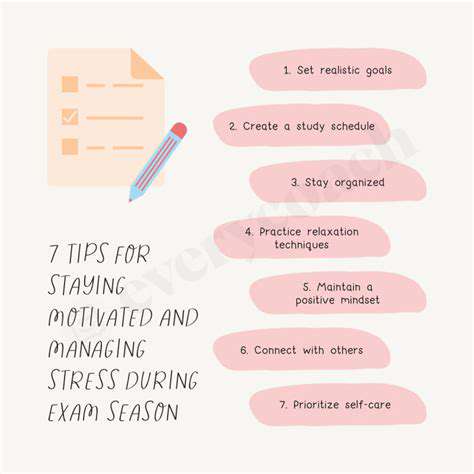






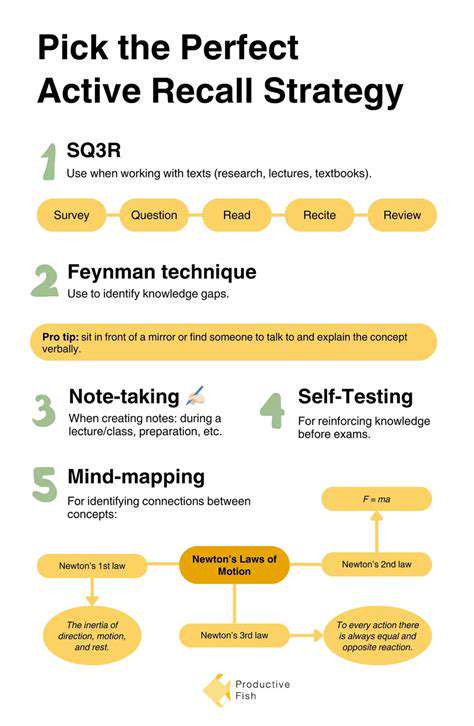

![How to Learn About Artificial Intelligence [Basics]](/static/images/31/2025-08/Hands-onPracticeandProjects.jpg)
![Best Home Cleaning Services [When to Hire]](/static/images/31/2025-08/WhenYourTimeisPrecious.jpg)



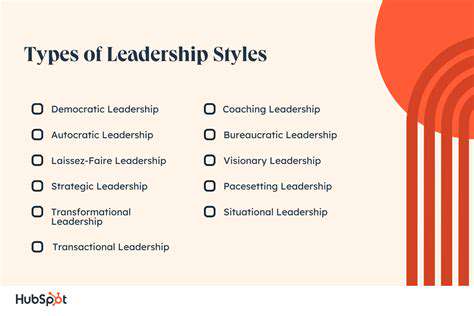

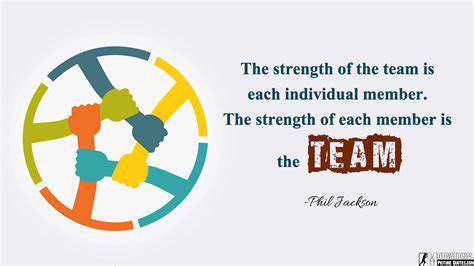
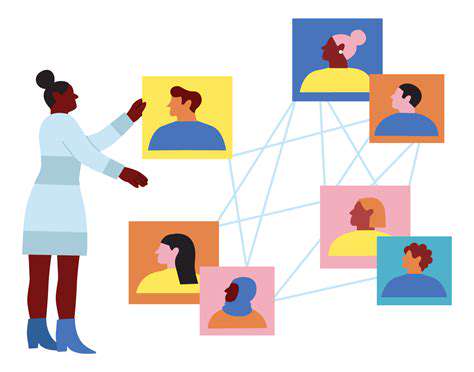


![Best Job Search Strategies for a Competitive Market [2025]](/static/images/31/2025-07/LeveragingNetworkingtoFindOpportunitiesin2025.jpg)







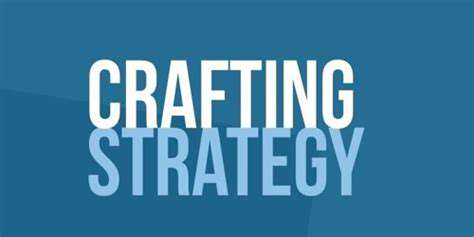


![How to Start Your Own Business [Beginner's Guide]](/static/images/31/2025-07/BeyondtheLaunch3ASustainingGrowthandAdaptingtoChange.jpg)
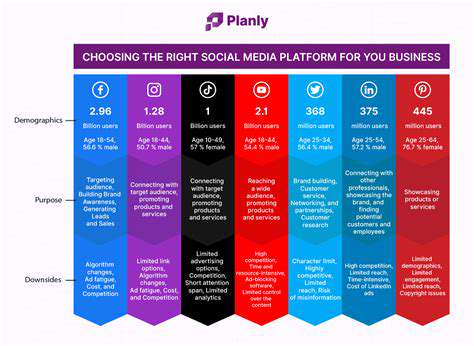




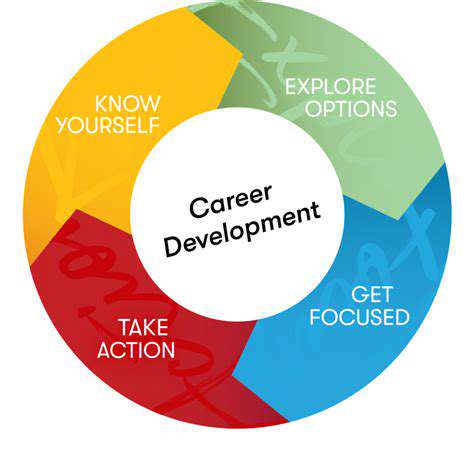



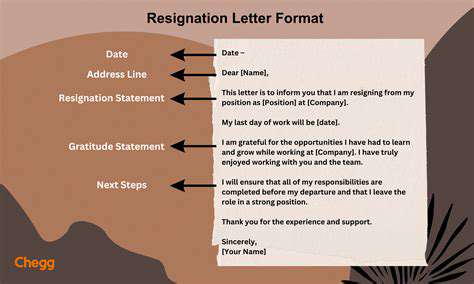
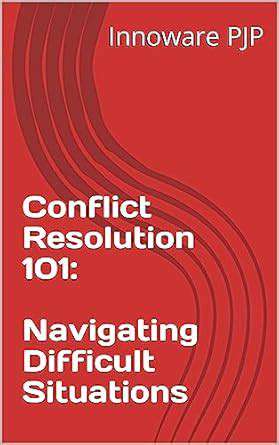

![Best Platforms for Building a Portfolio [Creative/Tech]](/static/images/31/2025-07/PlatformsforWritersandContentCreators.jpg)



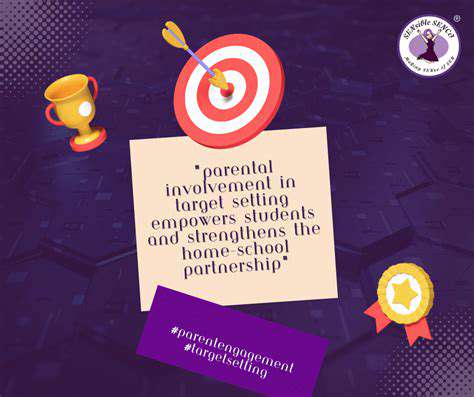
![How to Care for Orchids [Tips & Tricks]](/static/images/31/2025-07/FertilizingYourOrchidforMaximumBlooms.jpg)

